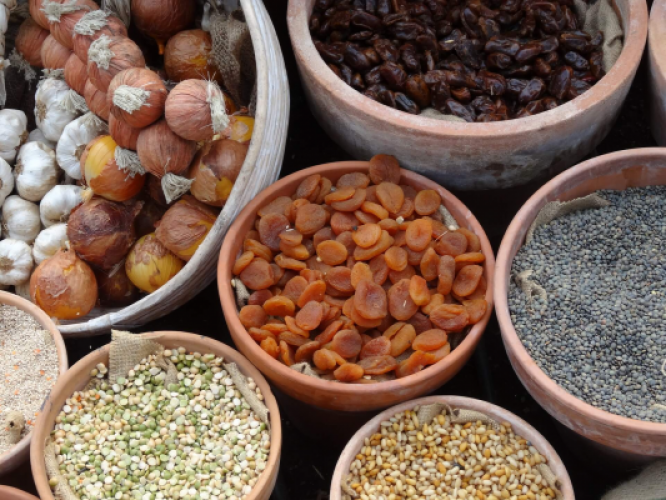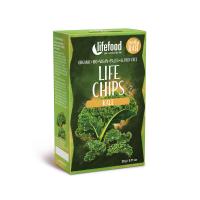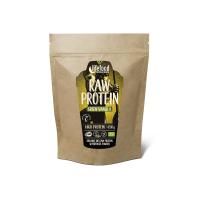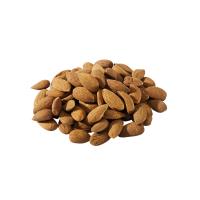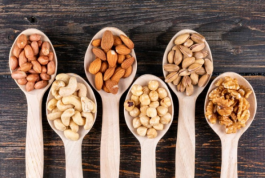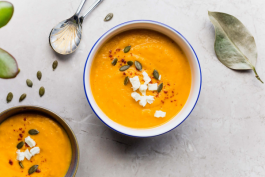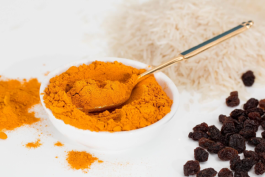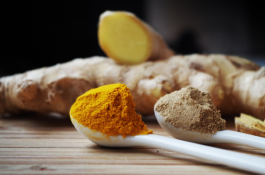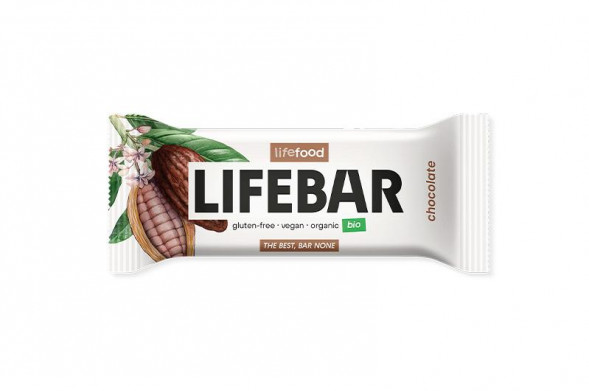When it comes to protein content, the vegan diet is often criticised on that point. However, when following a healthy and varied diet, a wide range of protein is being consumed. But it is important to know that some foods deliver a good supply of protein and other a lot less. It is therefore key to ensure sufficient supply because proteins are an important building material which, in addition to muscles, is also essential for collagen production, connective tissue, and skin health.
The advantages of vegetable protein
If you take a look at the countless advantages, you quickly notice that these protein sources are in no way inferior to animal ones - in fact, it’s quite the opposite! Most sources of plant based protein contains little to no saturated fat and is generally good for the body and metabolism. In addition, they do not contain bad cholesterol, which means that plant protein has a positive effect on our heart and arteries on top of being a good protein source.
With a high content of dietary fibres in many of these foods, we stimulate digestion and metabolism and support the body. Last but not least, of course, the moral and ethical aspect, which for many people is one of the most important points, must also be taken into account.
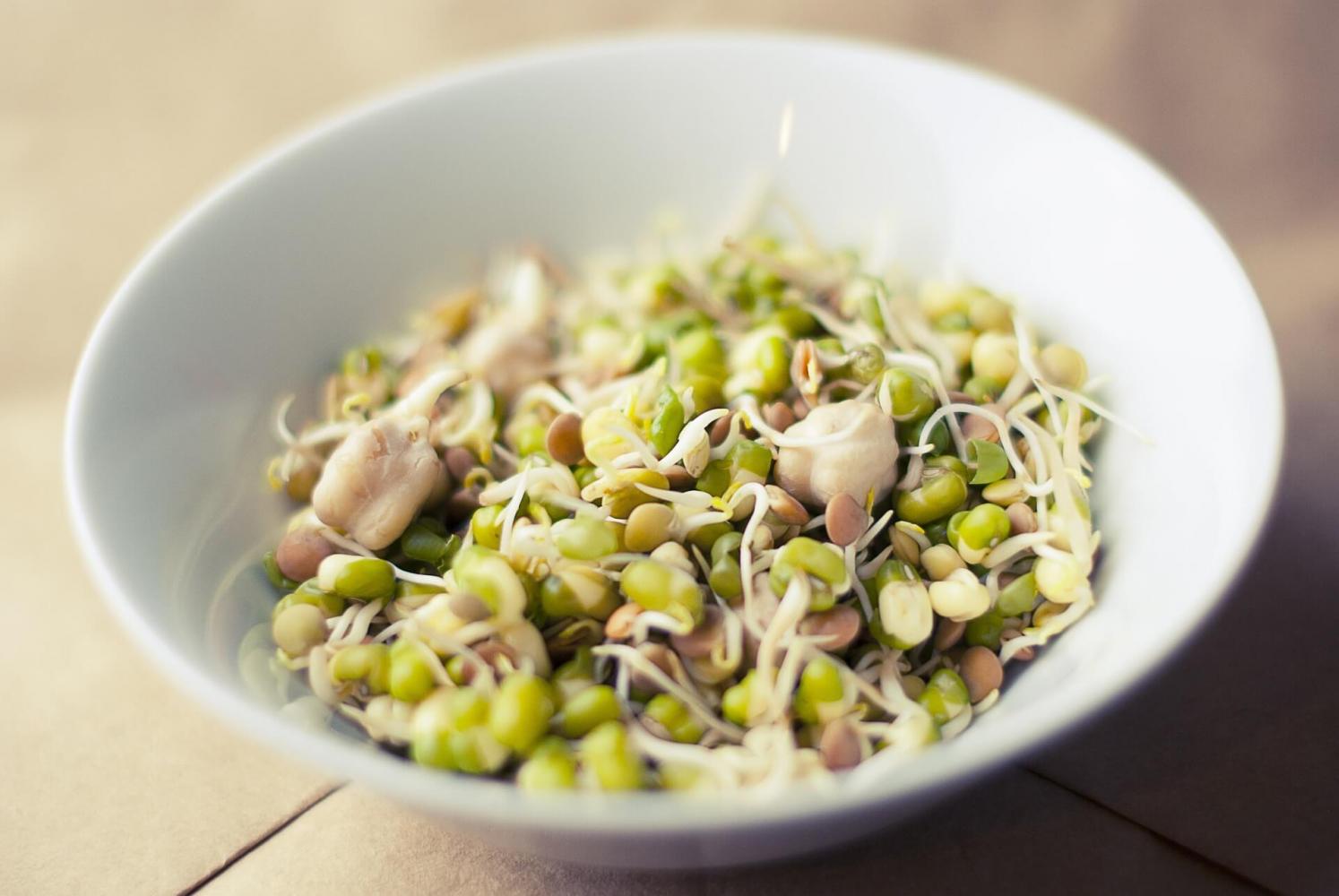
Sprouted legumes
Sprouted legumes include, for example, lentils, chickpeas, and soybeans. These are good sources of protein and can offer several grams per 100g - making them almost comparable to animal protein found in meat and helping to maintain a balanced, nutritious diet.
Lentils in particular supply about 24g of protein per 100g and are therefore among the top suppliers in the plant world. Lentils come in different colours and are prepared differently and can, therefore, be used and processed in many ways. Another advantage is that they are cholesterol-free and contain only a small amount of fat. In addition to several vitamins, they also supply minerals such as phosphorus, iron, and zinc, all essential for the body.
Green leafy vegetables
Broccoli is a food that should be especially emphasised here. At about 4g per 100g provides very valuable protein and comes with only 34 kcal per 100g. Versatile, broccoli also offers vast amounts of vitamins and important fiber.
Kale is also a considerable source with 4g per 100g and tastes particularly good at the same time. The rich green colours alone are inviting and make every plate look really delicious.
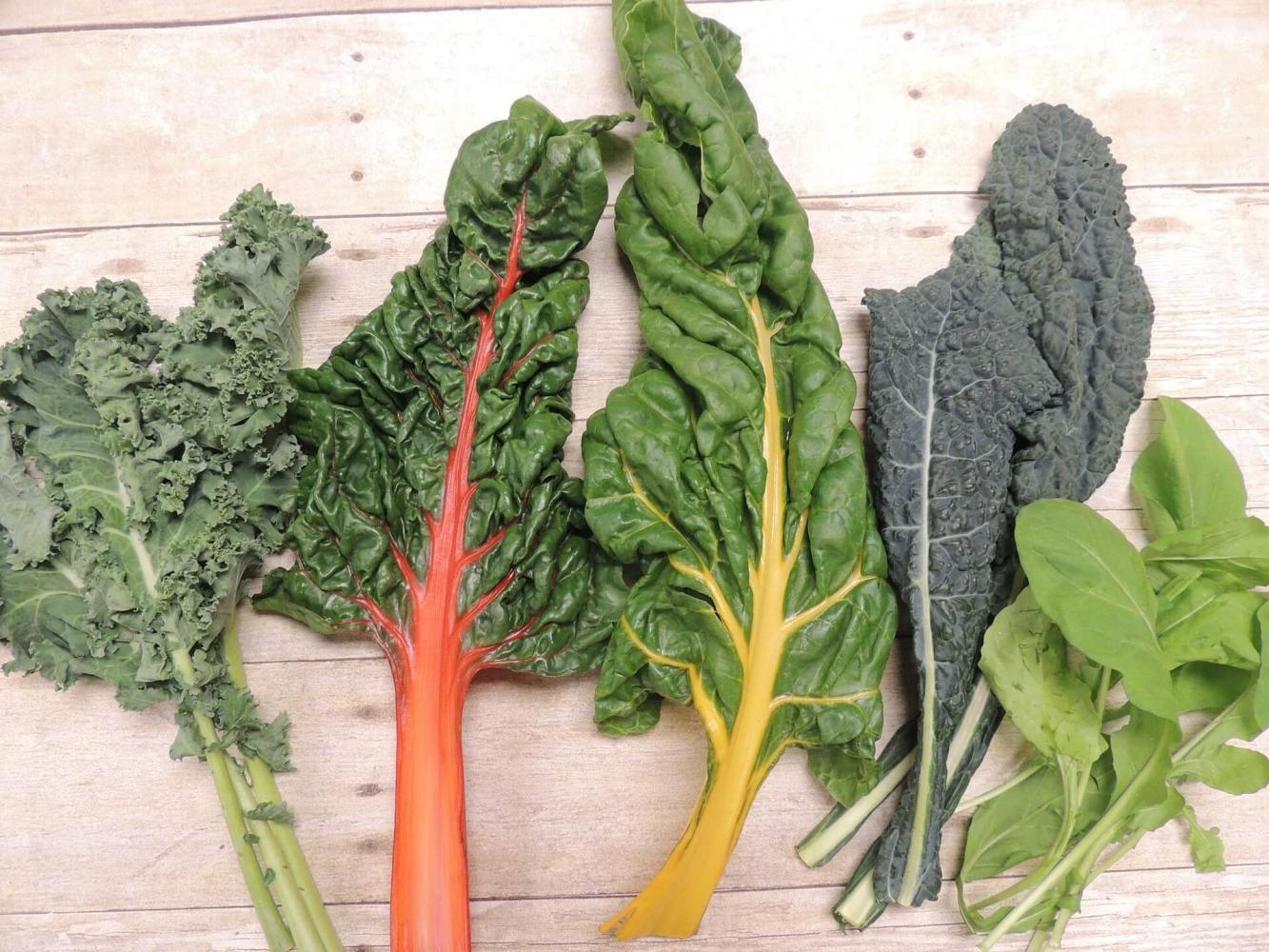
The protein-rich greens - vegetables
Vegetables are by far underestimated when it comes to protein sources. Many types of vegetables are good sources and can be incorporated into almost any menu, in the form of a salad or similar. If you are looking for something light for in between, you can go for a homemade smoothie.
Now more and more popular, the so-called "green smoothies" offer all kinds of vitamins and nutrients that the body needs to get fit for the day - including the important protein. Among the top suppliers are cauliflower and spinach.
Nuts
Nuts are rich in protein especially pistachios, almonds or peanuts, and they can be included in meals and play an important role in the vegan diet. In combination with various vegetables or a colorful salad, the overall nutritional value increases.
The combination of protein, fibre and healthy fats make nuts a good source of energy. These "all-rounders" are also suitable as a small snack in between meals.
In many supermarkets and organic food stores, alternatives are increasingly being added to the shelves - such as almond butter, natural peanut butter or other spreads. These are not only suitable for breakfast, but can also be used in sauces. Thanks to ever-increasing demand, there are more and more options for consuming them in liquid form - almond milk, oat milk and the like can now be bought anywhere or simply made at home.
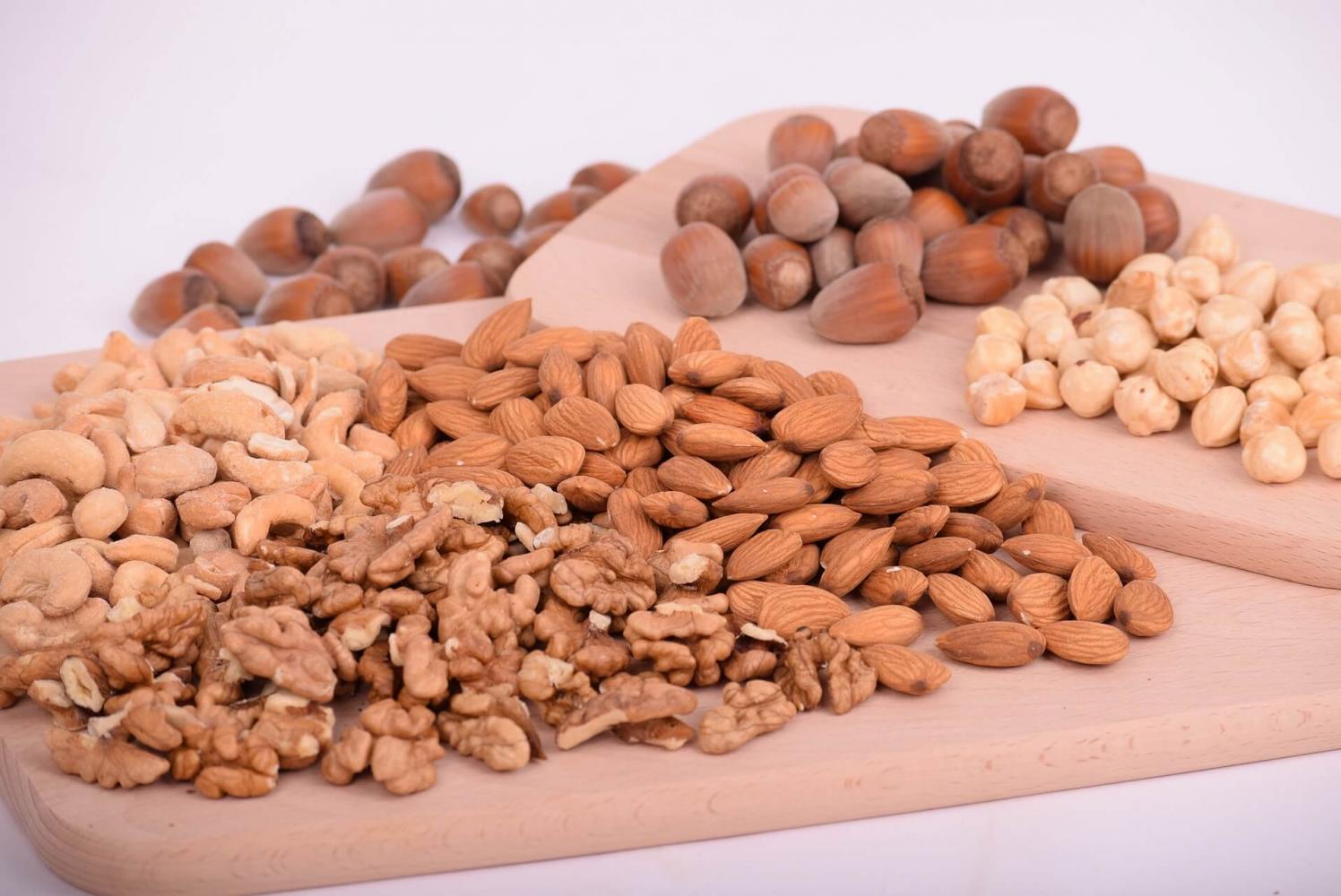
Sunflower seeds & other seeds
No matter which seeds you choose - sunflower seeds, chia seeds, flax seeds and hemp seeds all provide healthy vegetable protein.
Bird food was yesterday! The tasty seeds complement pretty much any food and provide the right crunch for every meal. Whether in a smoothie, as topping for a salad or overnight soaked chia pudding - it tastes incredibly delicious and provides important nutrients. Sunflower seeds, with about 26 grams of protein per 100 grams, are an ideal snack for in between meals.
But just as a side note - don't overdo it with nuts and seeds, because besides a lot of protein they also contain a lot of fat (good fat, but still fat!).
Something sweet for in between - fruits
Even if not all fruits are big sources of protein, there are some insider tips here as well. Apricots and peaches, in particular, with about 1.4 grams per 100 grams, offer good and complementary support in the absorption of proteins. These are great additions to desserts or smoothie.
But avocados, which from a botanical point of view are more like fruit, are also a good source of protein at 2 grams per 100 grams and can be used on raw crackers, as a dip or in a sauce. A side note here again - enjoy them in moderation, because in addition to high protein content, avocados also have a lot of (albeit good!) fat.
Variety is the secret!
Vegetables, legumes and other plants can contain more or less protein, but they can be combined very well. So you will not only find mushrooms in a salad, but also green leafy vegetables, a dressing of almond butter and some sunflower seeds as topping.
If you include some of the above mentioned ingredients into your diet regularly and alternately, you can be sure that you will not lack healthy vegetable proteins.

